By Brian Chilton
When asked to identify the greatest commandment in all of the Law, Jesus answered the inquiry by saying, “Love the Lord your God with all your heart, with all your soul, and with all your mind. This is the greatest and most important command” (Matthew 22:37-38).[1] It seems that one aspect of this commandment has eluded the modern church. Yes, the church notes the great need to love the Lord with the heart, that is the will and emotions. The modern American church also focuses on the love that one must hold for God with one’s soul, that is, one’s conscious being (life). However, the third aspect of the great commandment seems to have escaped the modern American church. The Christian is also commanded to love the Lord with his or her mind. Extreme fideism (believing that the Christian life is only about faith without reason) has led the church into a state known as anti-intellectualism. Anti-intellectualism is defined as the state of “opposing or [being] hostile to intellectuals or to an intellectual view or approach” (Merriam-Webster Dictionary). In this case, the intellectual approach is the intellectual approach to the Christian faith. Anti-intellectualism not only hinders one from keeping the great commandment, but such an attitude is also damaging to the church. This article will present eight ways that anti-intellectualism harms the church.

1. Anti-intellectualism harms the church theologically.
By theologically, I simply indicate how the church views God. Dr. Daniel Mitchell, one of my theology professors from Liberty University, once said, “The more you study God, the bigger God becomes.” His statement proved true. So often, anti-intellectuals limit their scope of God. Because anti-intellectuals fail to examine, research, and contemplate, they miss out on the vast nature of God. While the Christian may understand the basic fundamentals of God’s omniscience and omnipotence, one who allows oneself to contemplate and study these attributes of God will be left in great awe of the greatness of God Almighty. We love God with our minds when we study God. “Search for the LORD and for His strength; seek His face always” (1 Chronicles 16:11).
2. Anti-intellectualism harms the church doctrinally.
By doctrinally, I simply indicate how the church views God’s interactions with humanity. How does the church view salvation? How does the church view humanity? The modern church has allowed pop culture to dictate these issues according to social fads and the like. The anti-intellectual will relish in having loads of moving music, will jump with excitement with the latest form of entertainment, but will be left with no basis for examining whether such songs and activities fit within the parameters of orthodoxy. So often, modern Christians leave their churches feeling great excitement, yet are left without any solid foundation for knowing what the church stands for and why it stands for certain things. Issues of salvation have become universalized, issues of eternity have been compromised, and issues concerning humanity have been radicalized because many modern Christians fail to love the Lord with their minds.
3. Anti-intellectualism harms the church apologetically.
Those who know my testimony knows that I left the ministry for seven years and nearly became an agnostic. Why? My faith was shaken by the Jesus Seminar. When I asked Christian leaders why it was that I could trust the Bible, they responded by saying such things as “Because it’s the Bible;” “the Bible says we should believe the Bible;” and “you shouldn’t ask such things!” It wasn’t until I came across the works of Christian apologists like Josh McDowell, Lee Strobel, William Lane Craig, Gary Habermas, and many others that I began to realize that there were good reasons for why I should believe the Bible. Many of those evidences came from outside of the Bible (e.g., archaeology, manuscript evidence, and etcetera). Had I been given this information earlier, I would not have left the ministry. Anti-intellectualism is killing the church today because we are left with no defense from the attacks arising from secularists and the like. We must remember that we are instructed to “Always be ready to give a defense to anyone who asks you for a reason for the hope that is in you” (1 Peter 3:15). To do otherwise is to neglect the love that we have for God with the mind.
4. Anti-intellectualism harms the church emotionally.
The fourth statement may sound counter-intuitive. Often when a case is made for intellectual Christianity, emotionalism is invalidated. However, emotions are important for human beings. Yet, emotions can lead us astray. Anti-intellectualism, such as is found in movements like the prosperity gospel and the like, often lead to far more emotional damage than intellectual Christianity. A proper understanding of theodicy, suffering, and the problem of evil will help the believer in times of great distress. Proponents of anti-intellectualism are far less equipped to deal with times of tragedy than those who have a solid understanding of such topics. In fact, I have personally witnessed pastors who advocated anti-intellectualism fall into times of far greater distress and doubt when they are met with times of suffering and stress. Their doubt and stress is at a far greater degree than those who are grounded with an intellectual faith. An intellectual faith grounds the emotions and demonstrates how a person can love God with the mind.
5. Anti-intellectualism harms the church philosophically.
Philosophy and theology are intertwined to some degree. Theology is a branch of philosophy. Philosophy, simply put, is “a discipline comprising as its core logic, aesthetics, ethics, metaphysics, and epistemology” (Merriam-Webster), or the “pursuit of wisdom” (Merriam-Webster). How do we see the world? How do we see society? What is the meaning of life? These are questions that everyone must answer. Different people come to differing conclusions. In a culture where every opinion is held to equal value, it is important that the believer understands such concepts as truth, logic, and value. Otherwise, the believer will be led by everything thrown their direction or, in contrast, oppose everything that may have some value. Some oppose philosophy because of Paul’s statement to the Colossians, saying, “Be careful that no one takes you captive through philosophy and empty deceit based on human tradition” (Colossians 2:8). A closer examination of Paul’s statement will reveal that Paul is not dismissing philosophy, but rather Paul is dismissing bad philosophy. In addition, Paul’s statement on philosophy is a philosophical statement. Thus, it would seem that quite the opposite is being promoted by Paul. One should not avoid philosophy. One should avoid bad philosophy. How does one know bad philosophy? They know bad philosophy because they know good philosophy. Possessing good philosophy is another way that the church loves God with the mind.
6. Anti-intellectualism harms the church socially.
It seems that many are led more by politics rather than their religious convictions. The opposite should surely be the case. When one allows political parties and nationalistic fervor to dictate their beliefs, one may well be found favorable among the populace while being very unpopular with God. Anti-intellectual Christians will find themselves more easily swayed by the great influence of politics. The intellectual Christian, one grounded in the fundamentals of the Christian faith, will understand the great value of all lives despite race, nationality, or gender. Intellectual faith remembers and realizes the truthfulness of Paul’s statement in that “There is no Jew or Greek, slave or free, male or female; for you are all one in Christ Jesus” (Galatians 3:28). When intellectual faith realizes and actualizes Paul’s statement, then one will truly love God with the mind…and will be moved to love their neighbors as themselves.
7. Anti-intellectualism harms the church evangelistically.
While in prison, Paul wrote that “what has happened to me has actually resulted in the advance of the gospel… I am appointed for the defense of the gospel” (Philippians 1:12, 16). How would Paul have been able to know how to defend the gospel if he did not know why one should believe the gospel? Many anti-intellectuals hold a limited, if not unbiblical view of faith. Anti-intellectuals often consider faith to be the acceptance for which no evidence exists. Or, some may view faith as simply an emotional crutch. Faith is not demonstrated in such a way in the Bible. For instance, consider Jesus’ use of miracles. Jesus did not ask for blind faith. Jesus would back up his claims with a demonstration of power. Jesus said, “I am the light of the world” (John 9:5) and then provided the light of physical sight to the man at the pool of Siloam. At the tomb of Lazarus, Jesus told Mary and Martha (the sisters of Lazarus) as well as everyone else “I am the resurrection and the life. The one who believes in Me, even if he dies, will live” (John 11:25). Bold words to say at a man’s tomb, don’t you think? Yet, Jesus demonstrated that he was the resurrection and the life by raising Lazarus back to life. Jesus backed up his claims. It behooves the modern Christian to know the evidences for the faith. This will provide great strength to one’s evangelistic efforts. Know what you believe, know why you believe what you do, and know the One in whom you are believing, so that you can tell others about the One you serve. Doing such demonstrates a love for God with the mind.
8. Anti-intellectualism harms the church spiritually.
Finally, anti-intellectualism harms the church spiritually. How one might ask? Anti-intellectualism harms the church spiritually in many ways. I will list only two for the purpose of this article. 1) It harms one’s view of salvation. Some have added to or taken away from the gospel message because of an unexamined view of salvation from the Bible. False professions have been made without understanding the submission required for salvation, that is to say, one’s submission to Christ as the Lord of one’s life. 2) It harms one’s spiritual walk. Sometimes anti-intellectuals will allow things into their lives, which should not be present. When confronted, the person will say, “I have faith, and that is all that matters.” Such a view stems from a bad interpretation of faith. If a person had studied their Bibles, researched passages, and held a true love of learning about God, then one would be willing to submit themselves to God fully and completely. Perhaps some of the problems of integrity in the modern church stems from the laziness which is so boldly exhibited in the anti-intellectual movement. Such can be protected at least to some degree by loving God with the mind.
Conclusion
Socrates is noted as saying that “an unexamined life is not worth living.” Socrates is right. However, one could stretch the philosopher’s statement in saying that “an unexamined faith is not worth having.” Biblical faith is enmeshed with reason. We should know why we believe in God and why we believe in Christ. If one simply accepts Christ because their family or friends did, is their faith truly legitimate? The Christian should not be afraid of loving God with the mind. One need not leave their brain at the door of faith. In fact, reason and faith are complementary because we serve a real God who provides a real trust. Anti-intellectualism is harmful for the church. It is a trend that must be reversed. Charles Bugg puts it best in saying,
“There is no excuse for preaching that requires people to leave their head outside the church. In the Great Commandment, Jesus taught His disciples to love God with all of their mind, heart, and soul. Some preachers make their living by attacking education or by riding the horse of anti-intellectualism. The result is a kind of demagoguery that creates unwarranted suspicion toward education. Ministers need to use the minds God has given them and to love God with all of that mind. Likewise, they need to call their listeners to love God with all of their minds” (Bugg 1992, 125-126).
Sources Cited:
Bugg, Charles B. Preaching from the Inside Out. Nashville: Broadman Press, 1992.
Mish, Frederick C. Merriam-Webster’s Collegiate Dictionary. Springfield, MA: Merriam-Webster, Inc., 2003.
© August 24, 2015. Brian Chilton.
[1] Unless otherwise noted, all Scripture quoted in this article comes from the Holman Christian Standard Bible (Nashville: Holman Bible Publishers, 2009).
Brian G. Chilton is the founder of BellatorChristi.com and is the host of The Bellator Christi Podcast. He received his Master of Divinity in Theology from Liberty University (with high distinction); his Bachelor of Science in Religious Studies and Philosophy from Gardner-Webb University (with honors); and received certification in Christian Apologetics from Biola University. Brian is currently enrolled in the Ph.D. program in Theology and Apologetics at Liberty University. Brian has been in the ministry for over 15 years and serves as a pastor in northwestern North Carolina.
Original Blog Source: http://bit.ly/319QXjw




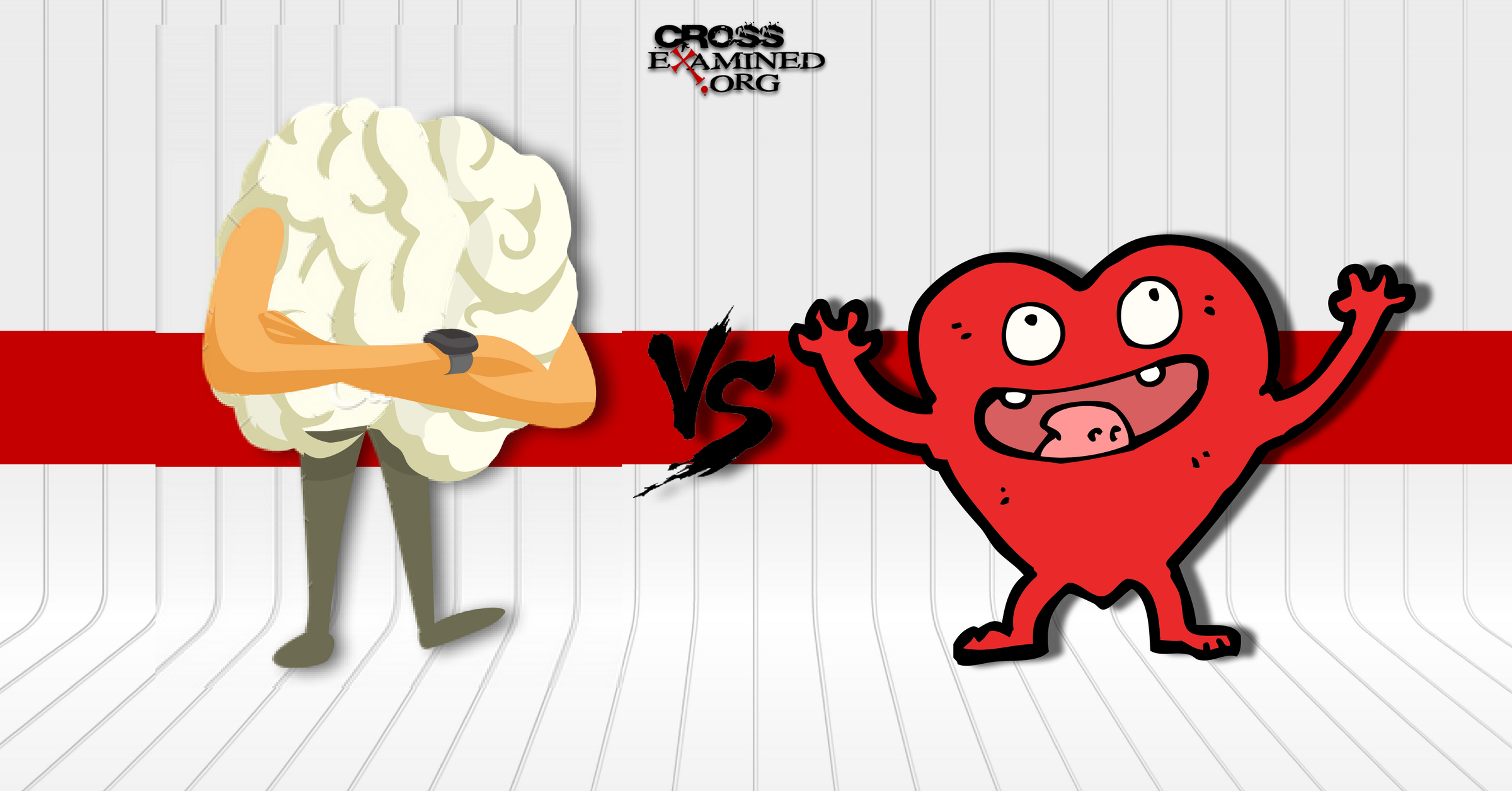
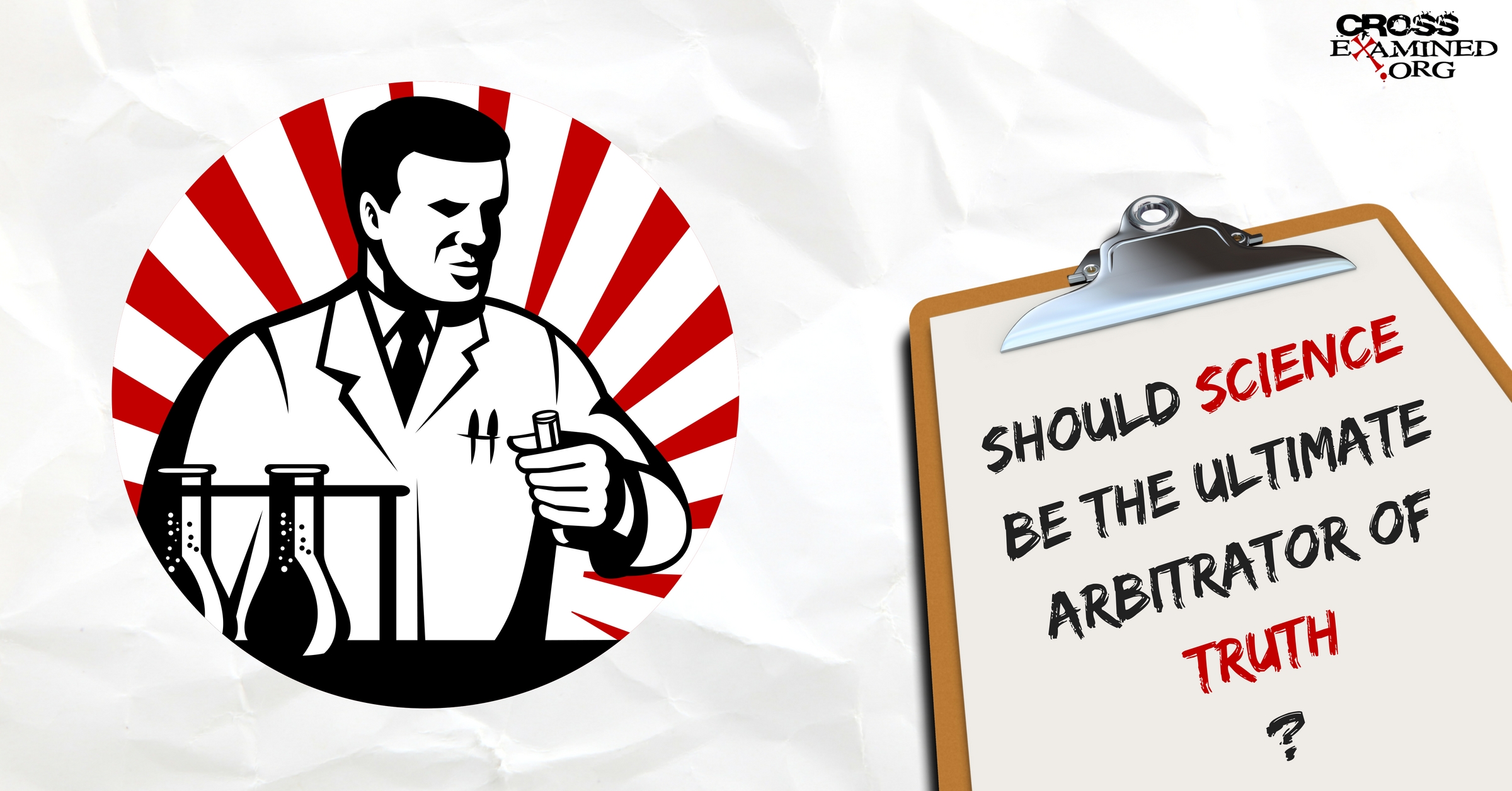

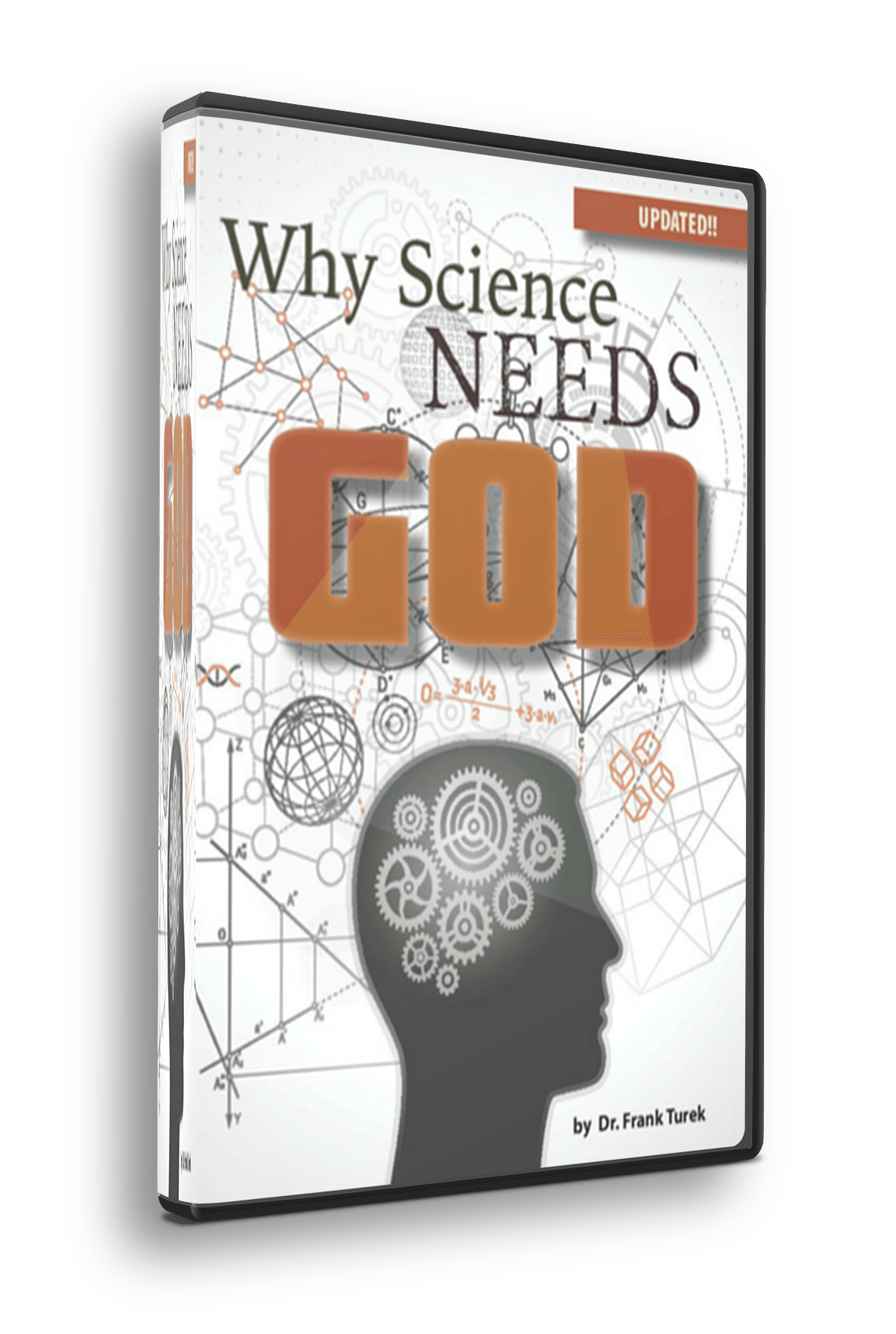
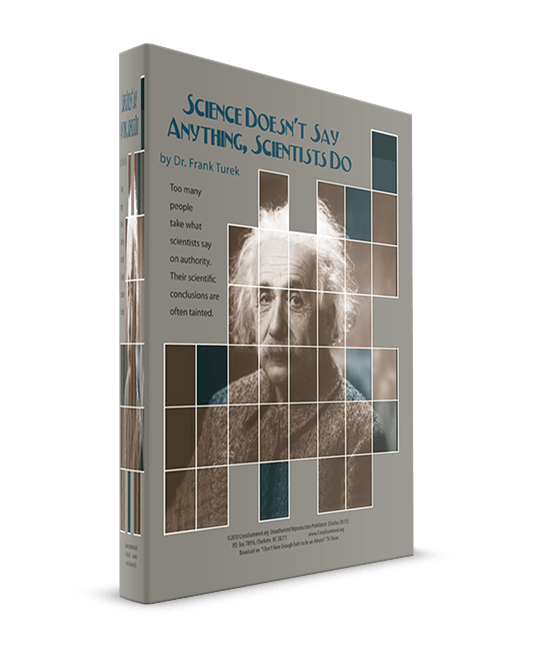
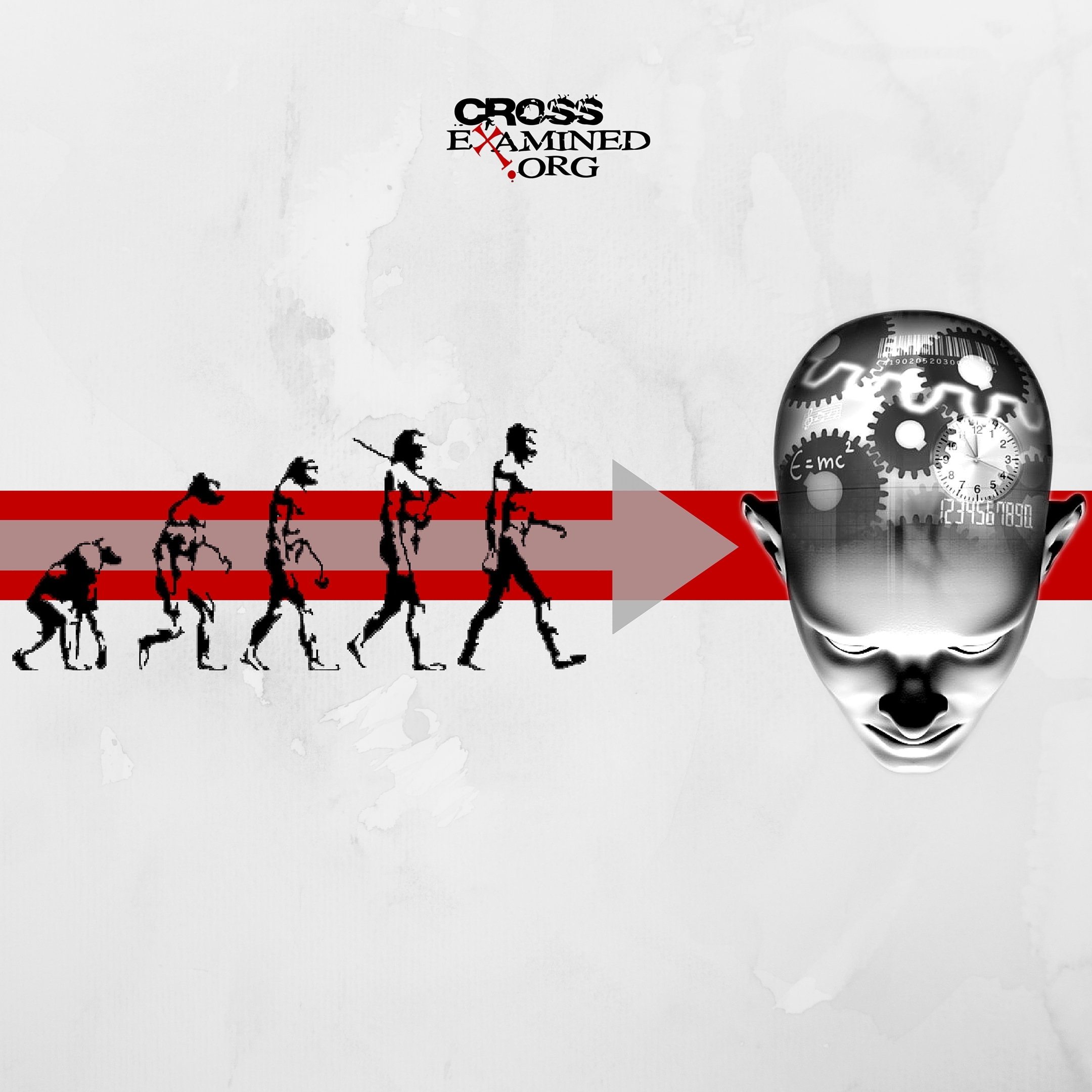
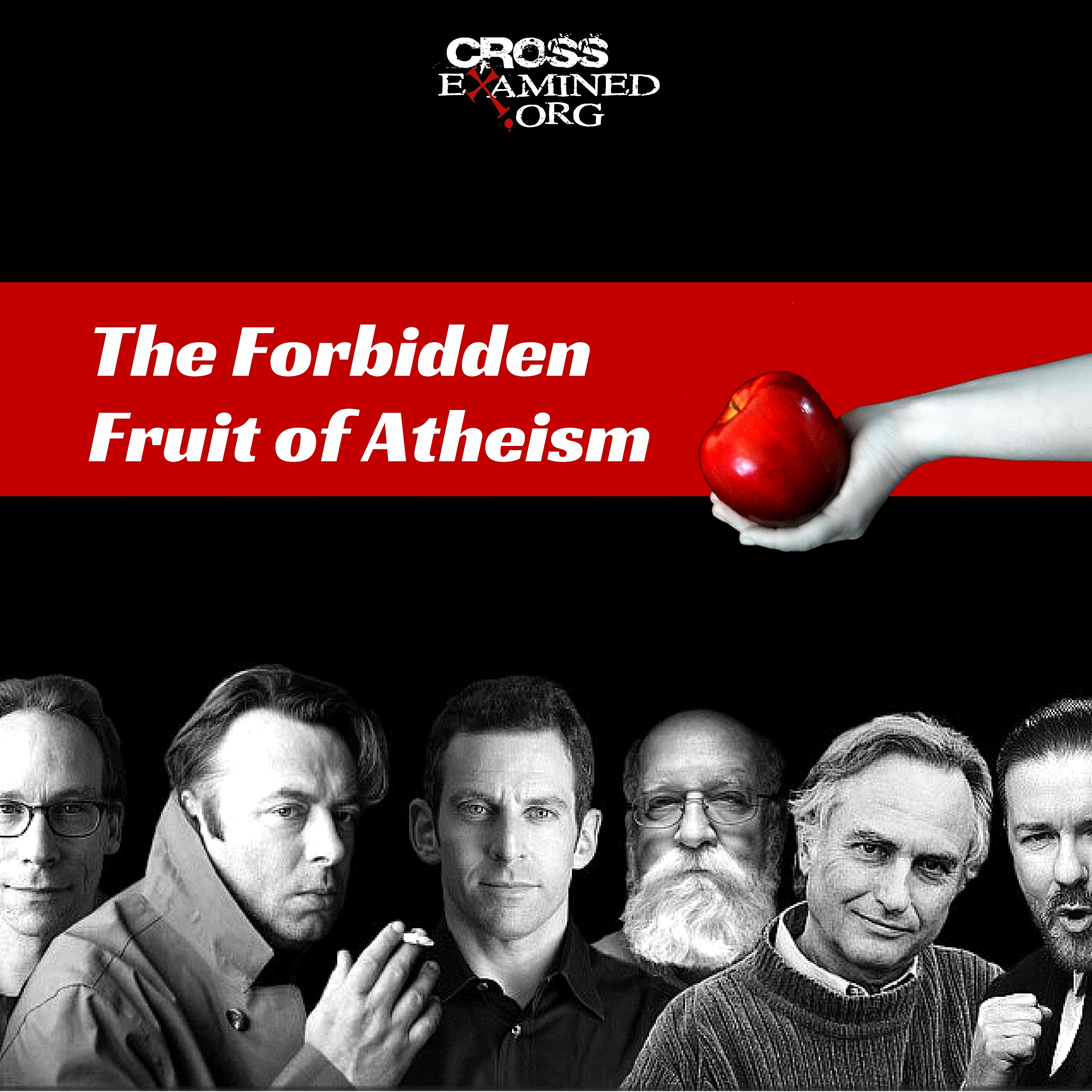
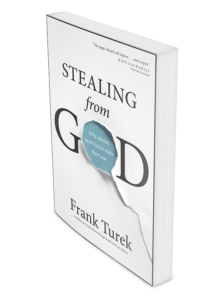 STEALING FROM GOD
STEALING FROM GOD  FEARLESS FAITH SEMINAR
FEARLESS FAITH SEMINAR

